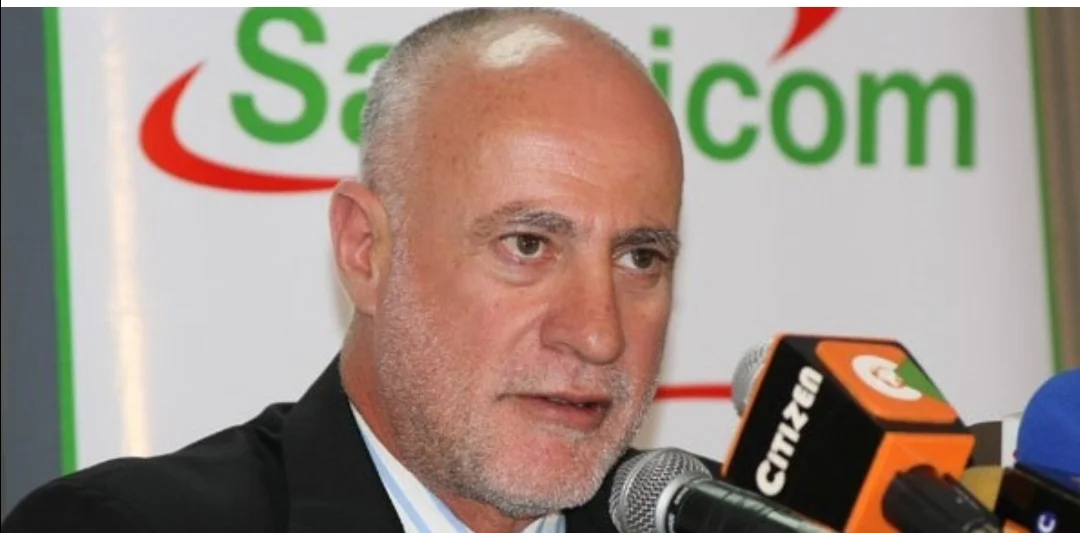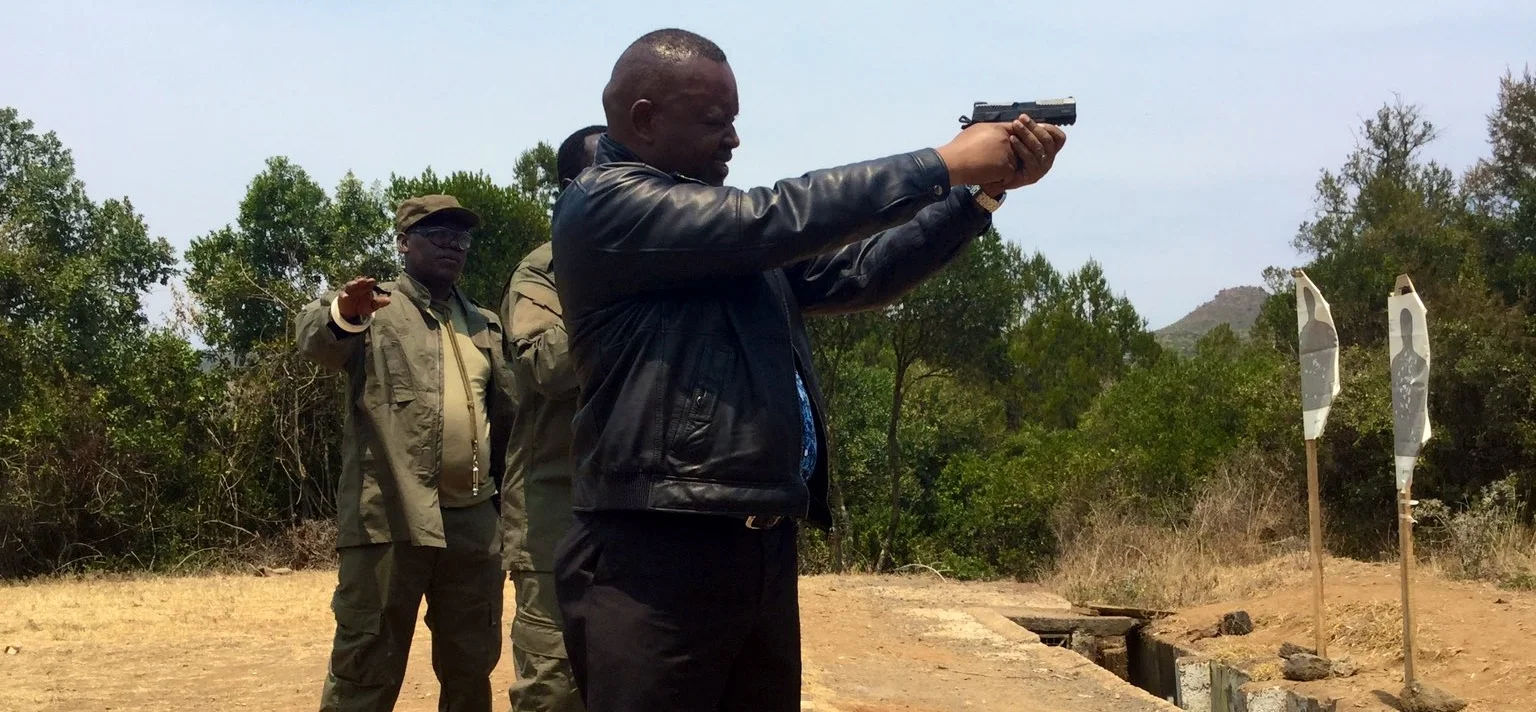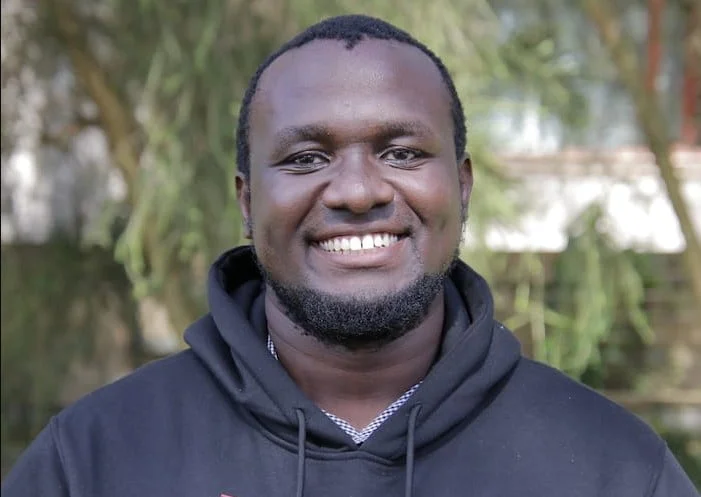In a horrifying attack that has shaken the humanitarian community, five World Food Programme (WFP) workers in Sudan were killed while delivering lifesaving aid to civilians in the war-ravaged region of Darfur.
The attack, which took place in the besieged area of Al Koma, North Darfur, has triggered international outrage.
The United States, the United Nations, and the African Union are now demanding immediate and unrestricted access for aid convoys and protection for humanitarian workers.
Their unified call underscores a growing alarm over the worsening conflict and the shrinking space for humanitarian relief in Sudan.

Deadly Ambush on WFP Workers in Sudan Draws Global Condemnation
The fatal ambush occurred Tuesday night as a 15-truck convoy was transporting emergency food supplies from Port Sudan to North Darfur. The convoy was targeted while passing through Al Koma, a region under siege by the paramilitary Rapid Support Forces (RSF) for over a year.
According to the World Food Programme, five of their workers were killed in the attack. The identities of the attackers remain unknown, with both the RSF and Sudanese army blaming each other.
The United Nations and UNICEF issued a joint statement following the killings. “Aid convoys must be protected, and parties have the obligation to allow and facilitate rapid and unimpeded passage of humanitarian relief for civilians in need,” it said.
This attack violates international humanitarian law, according to a joint statement by the Advancing Lifesaving and Peace in Sudan (ALPS) coalition. The group includes the governments of the United States, Switzerland, Egypt, Saudi Arabia, the UAE, and organizations such as the African Union and the United Nations.
The ALPS statement emphasized that “this brutal act is a serious violation of international humanitarian law” and reiterated the responsibility of all parties to protect civilians, including humanitarian workers.
Sudan’s civil war, now entering its second year, has displaced over 4 million people, according to the UN refugee agency. Millions are now in urgent need of food, water, and medical assistance. Aid workers say the situation is rapidly deteriorating and will worsen unless swift action is taken.
Aid Convoys Targeted in Escalating Conflict
The targeting of aid workers is not new in Sudan’s brutal war, but this attack represents one of the deadliest against humanitarian personnel in recent months. The WFP convoy was not armed and had declared its route, yet it was still attacked in a region where civilians are dying from hunger daily.
The RSF, which controls much of western Sudan, has previously been accused of looting aid shipments and blocking humanitarian access. Meanwhile, the Sudanese army has been accused of bombing civilian areas and obstructing relief operations in RSF-held territories.
With neither side claiming responsibility for the attack on the WFP workers, global powers are now focusing on accountability. “The perpetrators must be identified and held to account,” said the US State Department in a separate statement.
The World Food Programme has temporarily suspended operations along that route, citing security concerns for their staff and the civilians they serve.
Kenya Under Fire for Hosting RSF-Backed Political Charter
Adding to the international tension is Kenya’s perceived alignment with the RSF. In February, Kenya hosted a controversial meeting at the Kenyatta International Convention Centre (KICC), where the RSF and allied political and armed groups signed a political charter aimed at forming a government in RSF-controlled areas.
Critics argue this move violates Kenya’s duty to remain neutral in conflicts involving neighboring nations. Hosting the RSF has placed Kenya at odds with the Sudanese government and has raised concerns about the credibility of its peacebuilding role.
Kenya has denied any support for the RSF. The government insists it is only playing the role of a neutral facilitator to push for peace talks and a long-term resolution to Sudan’s conflict. “Our aim is to bring both sides to the negotiating table, not to pick a side,” a Kenyan official told reporters last week.
Despite the defense, pressure is mounting for Kenya to clarify its position and ensure it is not enabling any one party in the war. The international community has urged all countries in the region to avoid actions that could escalate the conflict or legitimize armed groups.











































